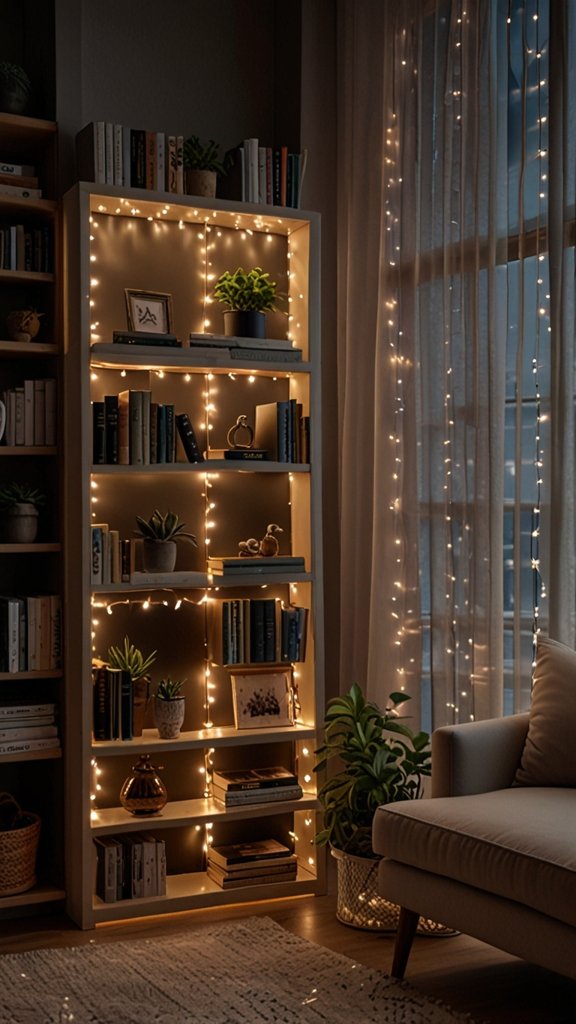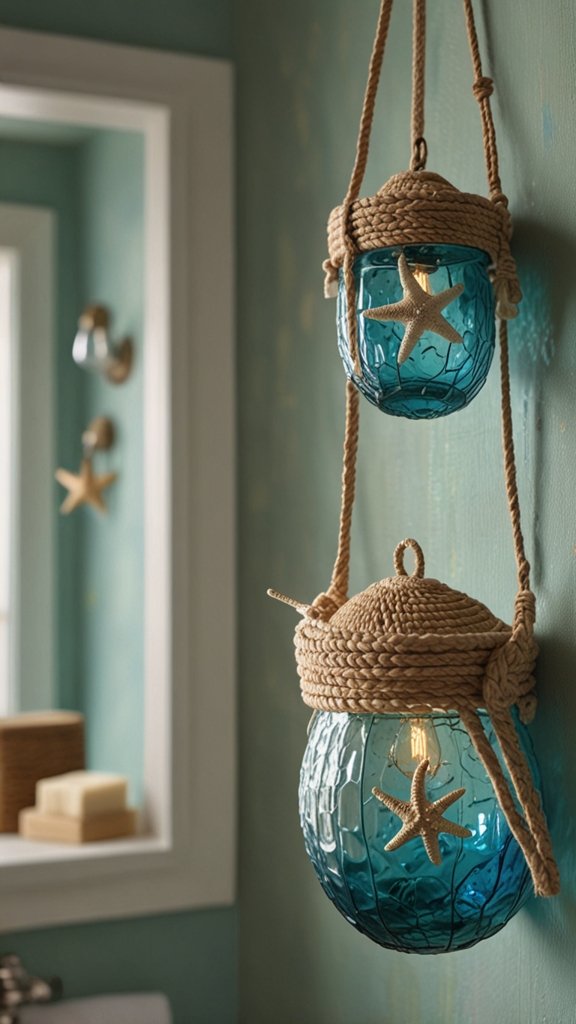
Are solar garden lights recyclable?
Yes, solar garden lights are recyclable, but the process depends on the specific components and materials used in the lights, the average solar garden light contains up to five different recyclable materials.
As solar lighting increases in popularity, proper disposal and recycling are more important to our environment.
This article will give you my years spent researching sustainable practices for recycling your solar garden lights.
Components of Solar Garden Lights
Solar garden lights typically consist of the following:
- Solar Panel: Usually made from materials like silicon, glass, and metal.
- Battery: Rechargeable batteries, often lithium-ion or nickel-metal hydride (NiMH).
- LED Bulbs: Long-lasting and energy-efficient light-emitting diodes.
- Plastic or Metal Casing: Housing for the electronic components.
Each of these parts requires specific disposal and recycling methods.
Recycling Solar Garden Lights: What to Do
Safety Preparation
- Wear protective gloves
- Work in a well-ventilated area
- Have a sorting container ready for each component type
- Remove batteries first
- Clean dirt and debris from units
Disassembly Instructions

- Remove Battery Cover
- Usually located on the top or bottom
- It may require a Phillips head screwdriver
- Keep screws in a separate container
- Remove Battery
- Note battery type and voltage
- Place in a dedicated battery recycling container
- Do not mix with other components
- Separate Solar Panel
- Usually attached with small screws
- Handle carefully to avoid breaking glass
- Keep wire connections intact if possible
- Remove Circuit Board
- It May be attached to the LED assembly
- Note any connecting wires
- Keep small components together
- Separate Plastic Housing
- Sort by plastic-type if marked
- Remove any metal fixtures
- Clean before recycling
Component Sorting Guide
- Batteries → Battery recycling container
- Solar Panels → E-waste recycling
- Circuit Boards → E-waste recycling
- Plastic Housing → Plastic recycling
- Metal Parts → Metal recycling
- LED Bulbs → E-waste recycling
Common Recycling Mistakes
- Throwing everything in general recycling
- Not removing batteries before disposal
- Breaking solar panels during disassembly
- Missing small metal components
- Mixing different types of recyclables
- Not cleaning components before recycling
Check for Local E-Waste Facilities
Many solar garden lights fall under electronic waste (e-waste) due to their batteries and solar panels. Search for e-waste recycling centers in your area that accept small electronics.
Contact the Manufacturer
Some manufacturers offer take-back programs or guidance on how to recycle their products responsibly.
Reuse Functional Parts
If certain components, like the LED bulbs or casings, are still functional, consider reusing them in DIY projects or repairing other lights.
What If Recycling Isn’t an Option?
If recycling facilities are unavailable:
- Batteries: Never throw batteries in regular trash due to environmental hazards. Safely store them until a recycling solution is found.
- Lights: Look for donation opportunities if the lights are still functional or repairable.
Why Recycling Solar Garden Lights Matters
Recycling solar garden lights is crucial because:
- Reduces E-Waste: Keeps toxic materials like battery chemicals out of landfills.
- Conserves Resources: Materials like metals and plastics can be reused in new products.
- Protects the Environment: Prevents soil and water contamination from hazardous materials.
FAQs About Solar Garden Light Recycling
Can you throw solar lights in the trash?
No. Solar lights often contain batteries and electronic components that are harmful to the environment. Always recycle them responsibly.
Are solar garden lights sustainable?
Yes, solar garden lights are eco-friendly during use because they rely on renewable solar energy. However, their sustainability depends on proper recycling at the end of their lifespan.
How long do solar garden lights last?
Most solar garden lights last 2-5 years, depending on the quality of the battery and solar panel.
What do I do with broken solar lights?
Disassemble the light, recycle its recyclable components, and dispose of non-recyclable parts according to local guidelines.
Conclusion
Solar garden lights are a sustainable and eco-friendly lighting solution, but their environmental benefits depend on proper disposal and recycling.
By separating components and using local e-waste or recycling facilities, you can ensure these lights have a minimal impact on the environment after their lifespan.
Take the time to research local recycling options and dispose of your solar garden lights responsibly to contribute to a greener planet.



